Have you ever noticed your cat acting a little off after you’ve changed something in your daily life? Maybe you started a new job, adjusted feeding times, or simply moved the furniture around. Suddenly, your usually calm feline is hiding under the bed, meowing more, or ignoring you completely. It’s enough to make you wonder: do cats actually feel abandoned when their routines change? As surprising as it sounds, these mysterious creatures are far more sensitive than most people realize. Let’s dive deep into the secret world of cat emotions, and unravel what really happens in their furry little hearts when life turns upside down.
Cats Thrive on Predictability

Cats are creatures of habit, and they absolutely love predictability. Their wild ancestors relied on routine for survival—knowing when to hunt, where to hide, and how to avoid danger. Even today, your indoor kitty is hardwired to feel safest when life follows a familiar script. When you suddenly shift feeding times, rearrange the living room, or leave for work at a different hour, it can send your cat’s sense of security into a tailspin. That’s why something as simple as moving their food bowl can turn a confident cat into a bundle of nerves. It’s not that they’re stubborn; they just find comfort in knowing what comes next.
Why Routine Changes Feel Like Abandonment

To a cat, you’re not just a friend or a roommate—you’re their whole world. When you change your schedule or habits, your cat may worry that they’ve been forgotten. Even if you’re only gone a few extra hours, they can feel like you’ve disappeared for days. This sense of abandonment isn’t logical, but emotions rarely are. Cats may not understand the reason behind your absence, but they certainly notice the change. Their heightened sensitivity means that even small disruptions can be deeply unsettling, leaving them feeling lost or left behind.
Recognizing the Signs of Stress in Cats

How do you know if your cat is struggling with a change? The signs can be subtle at first. Maybe they start grooming excessively, hide in unusual places, or stop eating as much. Some cats become clingy, following you from room to room, while others withdraw completely. You might notice more vocalizations—meows, yowls, or even plaintive cries—as your cat tries to tell you something’s wrong. In more serious cases, stress can lead to health problems, like vomiting, diarrhea, or even urinary issues. Paying attention to these warning signs is vital for every caring cat owner.
Attachment: Are Cats Really Aloof?

There’s a persistent myth that cats don’t care much about people, but nothing could be further from the truth. While cats may seem independent, many actually develop deep bonds with their humans. In fact, research has shown that cats can be just as attached as dogs or even toddlers. When their routine is disrupted, it’s not just the schedule that’s thrown off—it’s the sense of connection with you. This attachment means that when you’re suddenly less present, your cat can feel genuinely abandoned, even if you’re only in the next room.
Feeding Times Matter More Than You Think

For many cats, mealtime is the most important part of the day. It’s not just about food; it’s about trust and reliability. When you change feeding times, your cat may worry that something’s wrong or that you’ve forgotten about them. They might pace, yowl, or sit by their bowl, anxiously waiting for you to return to normal. Over time, irregular feeding schedules can lead to anxiety and even behavioral problems. It’s a small thing for us, but for a cat, it can feel like the whole world is out of order.
Changes in Your Work Schedule

Starting a new job or adjusting your work hours can have a big impact on your cat. Suddenly, the time you used to spend cuddling in the morning or playing in the evening is gone. Cats notice these changes immediately. They may respond by acting out—scratching furniture, knocking things over, or ignoring their litter box. These aren’t just “bad behaviors”; they’re cries for attention, signs that your cat feels unsettled or even abandoned by your new routine.
Moving House: A Cat’s Worst Nightmare?

For many cats, moving to a new home is the ultimate disruption. Everything smells different, the layout is unfamiliar, and their favorite hiding spots are gone. It’s not uncommon for cats to hide for days after a move, refusing to eat or interact. They may even try to escape back to their old territory. This intense reaction isn’t just stubbornness—it’s fear, confusion, and a desperate longing for the comfort of the old routine. Helping your cat adjust slowly can make all the difference.
Introducing New Family Members

Whether it’s a new baby, a roommate, or another pet, bringing someone new into your home can throw your cat’s world into chaos. Suddenly, your attention is divided, and your cat may feel pushed aside. Some cats react by withdrawing, while others become aggressive or territorial. The sense of abandonment can be especially strong if you used to spend lots of one-on-one time together. Patience, reassurance, and maintaining old routines as much as possible can help your cat feel secure again.
Vacations and Absences: Do Cats Miss Us?

It’s heartbreaking to think that your cat might feel abandoned while you’re on vacation, but for many cats, that’s exactly how it feels. Even if you arrange for someone to feed and play with them, your absence is deeply felt. Some cats sit by the door, waiting for you to come home; others stop eating or hide away. These reactions show just how important you are in your cat’s life. Coming home to a clingy or distant cat is their way of saying, “Where were you? I missed you.”
Rearranging Furniture or Renovating
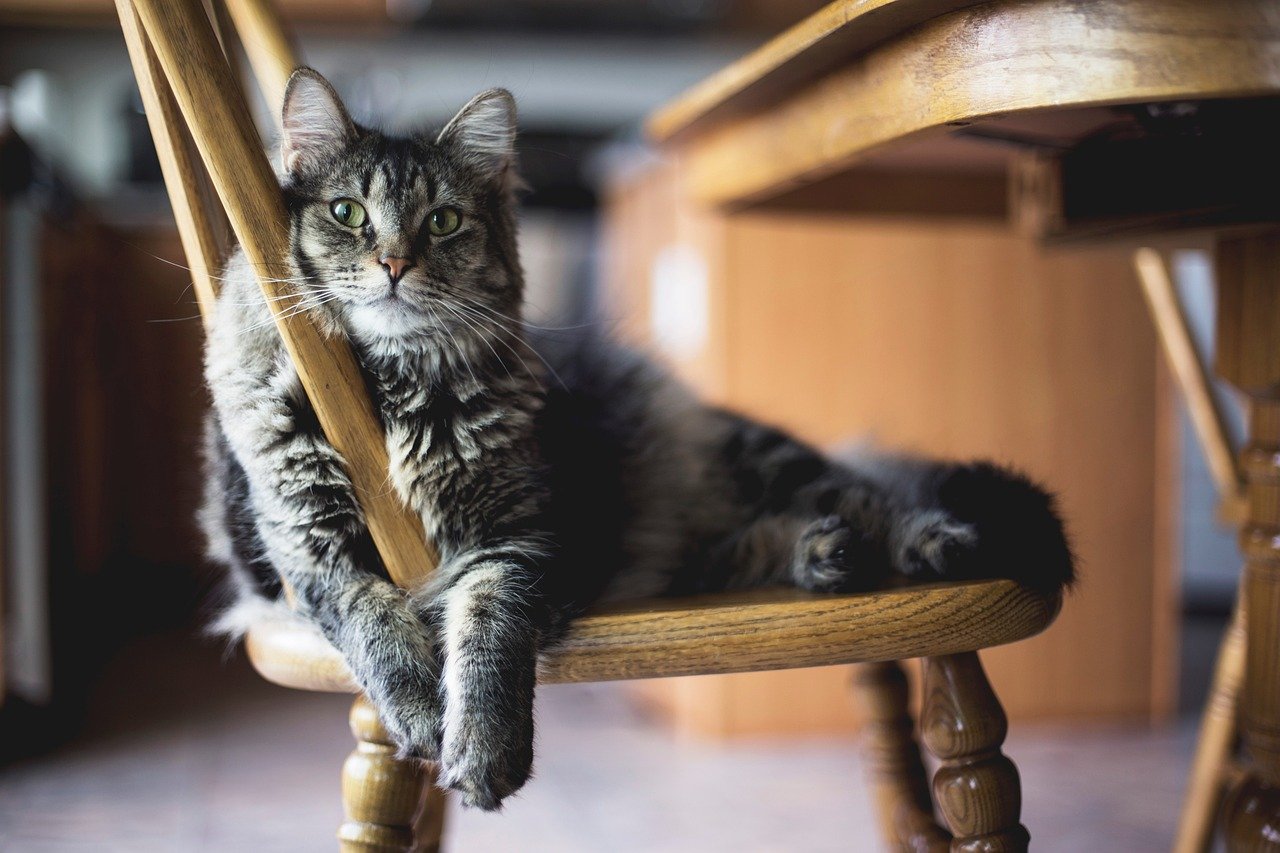
Something as simple as moving the couch or painting a room can unsettle a cat. Their sense of smell is incredibly strong, so new scents or altered layouts can make them feel like they’re in unfamiliar territory. Cats may sniff around nervously, avoid certain rooms, or even mark new spots with urine. This isn’t just mischief—it’s your cat’s way of coping with a world that suddenly feels foreign. Keeping familiar items, like their bed or toys, in the same place can help ease the transition.
Litter Box Changes
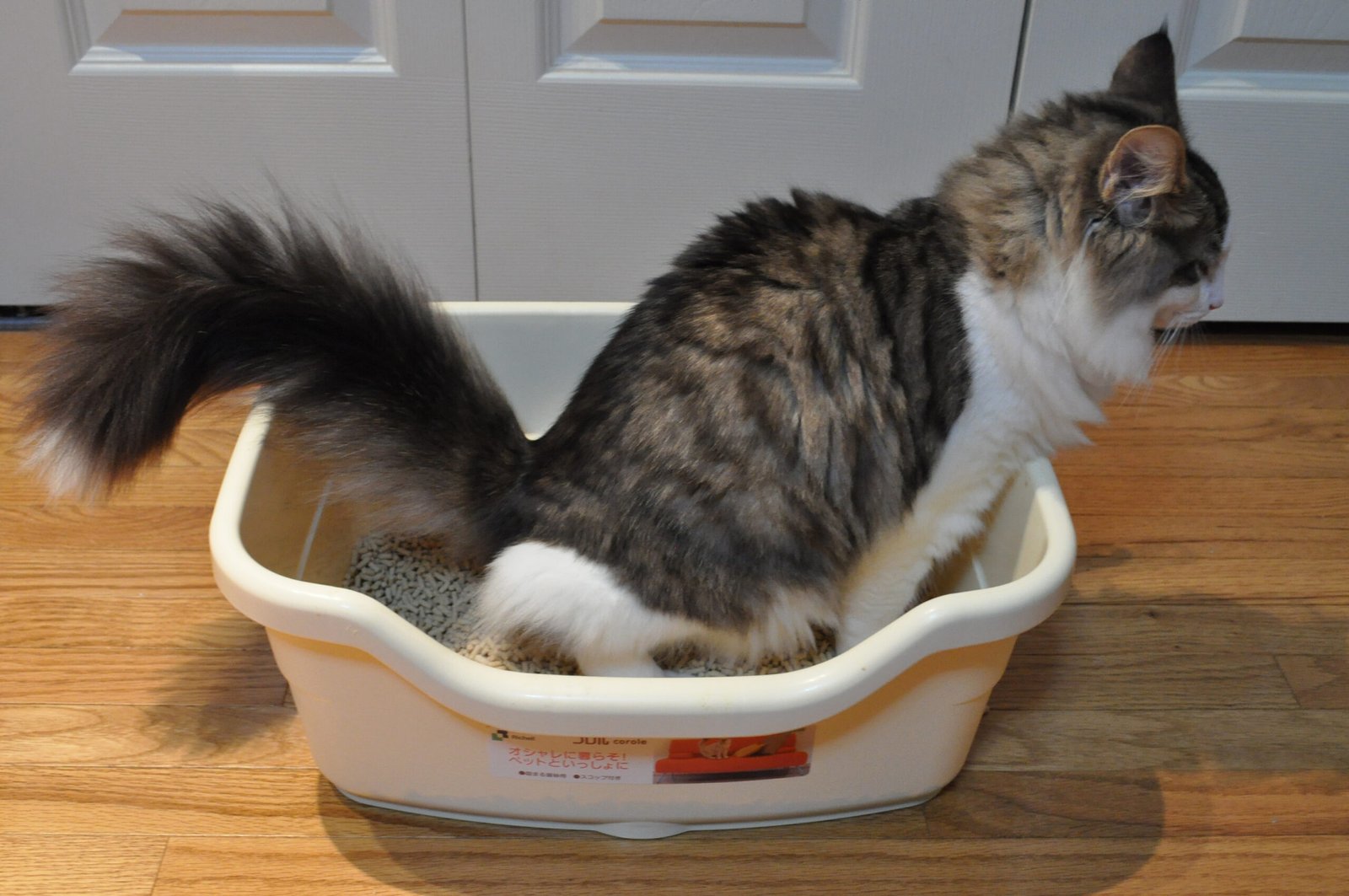
Changing the location, type, or even the brand of litter can be surprisingly traumatic for a cat. They rely on scent and familiarity to feel safe in their bathroom routine. If you suddenly move the litter box or try a new product, your cat may avoid it altogether, leading to accidents around the house. This isn’t defiance; it’s confusion and discomfort, which can make them feel even more anxious and abandoned. Gradual changes and positive reinforcement can help your cat adjust without stress.
Veterinary Visits and Medical Routines

Trips to the vet or changes in medication can disrupt your cat’s sense of normalcy. The strange smells, unfamiliar people, and stressful car rides all add up. Afterwards, your cat may hide, act jumpy, or seem distant. If their daily routine changes because of new medications or treatments, the stress can double. Compassion and consistency can help your cat feel cared for, even when their world is a little scary.
Seasonal Shifts and Daylight Changes

Believe it or not, cats can be affected by changes in the seasons or daylight hours. As the days grow longer or shorter, their internal clocks can get thrown off, much like jet lag in humans. Feeding and playtime routines may shift, making your cat feel unsettled or irritable. Even subtle cues, like sunlight patterns in their favorite nap spots, can make a difference. Keeping some routines constant, even as the world changes outside, can help your cat feel secure year-round.
Noise and Environmental Changes
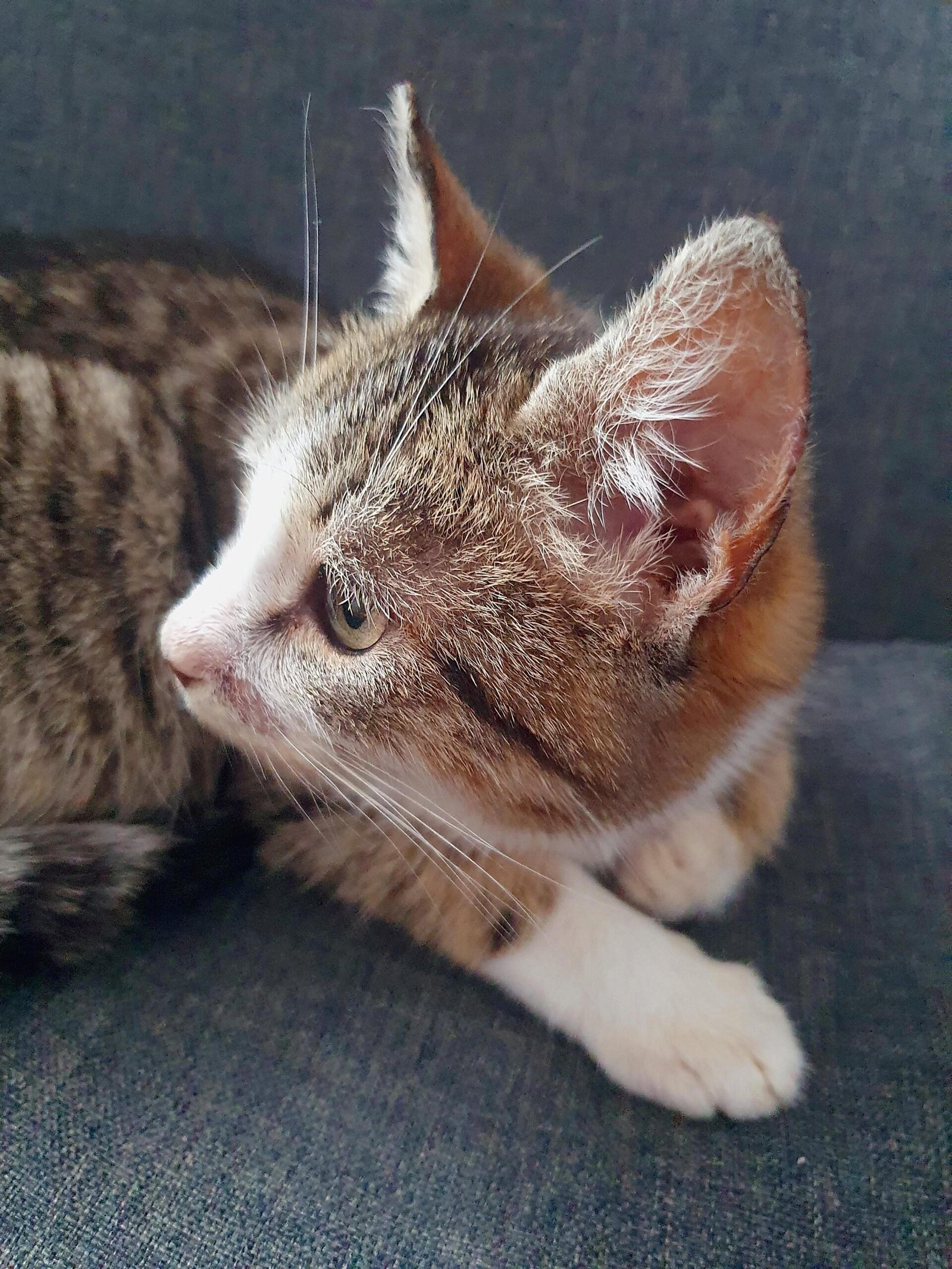
Loud noises, construction work, or even new appliances can disrupt your cat’s peace. These sudden changes can make them feel threatened or abandoned, especially if their safe spaces are invaded by noise. You may notice your cat seeking out quiet corners or hiding away until the chaos passes. Giving your cat a quiet retreat and lots of reassurance can help them cope with these unexpected disruptions.
Routine Grooming and Handling
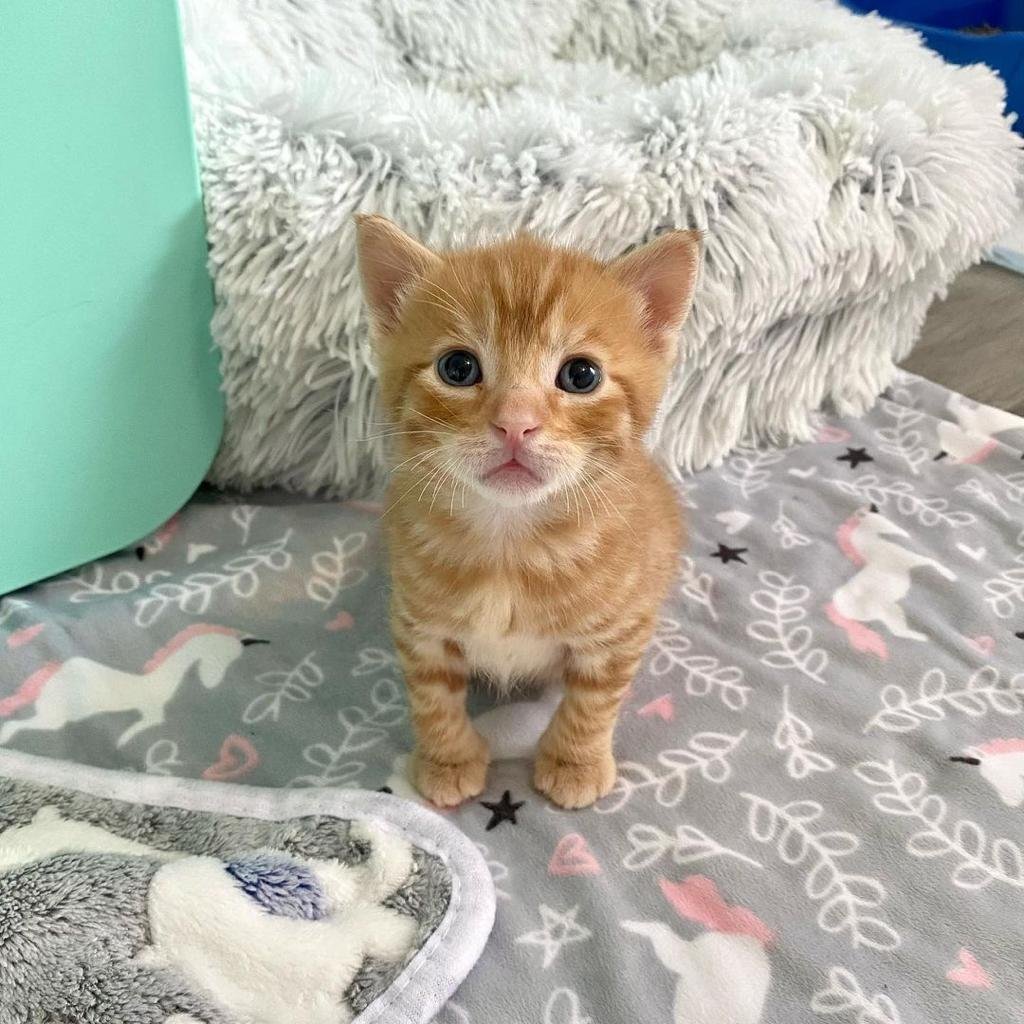
Regular brushing, nail trimming, or bathing can become stressful if not done consistently. Changing the way you handle grooming can make your cat feel anxious or even betrayed. They may run away, hide, or become aggressive during grooming sessions if they sense unpredictability. Establishing a gentle and predictable routine helps your cat trust you and feel secure during these necessary moments.
Bringing Home New Scents
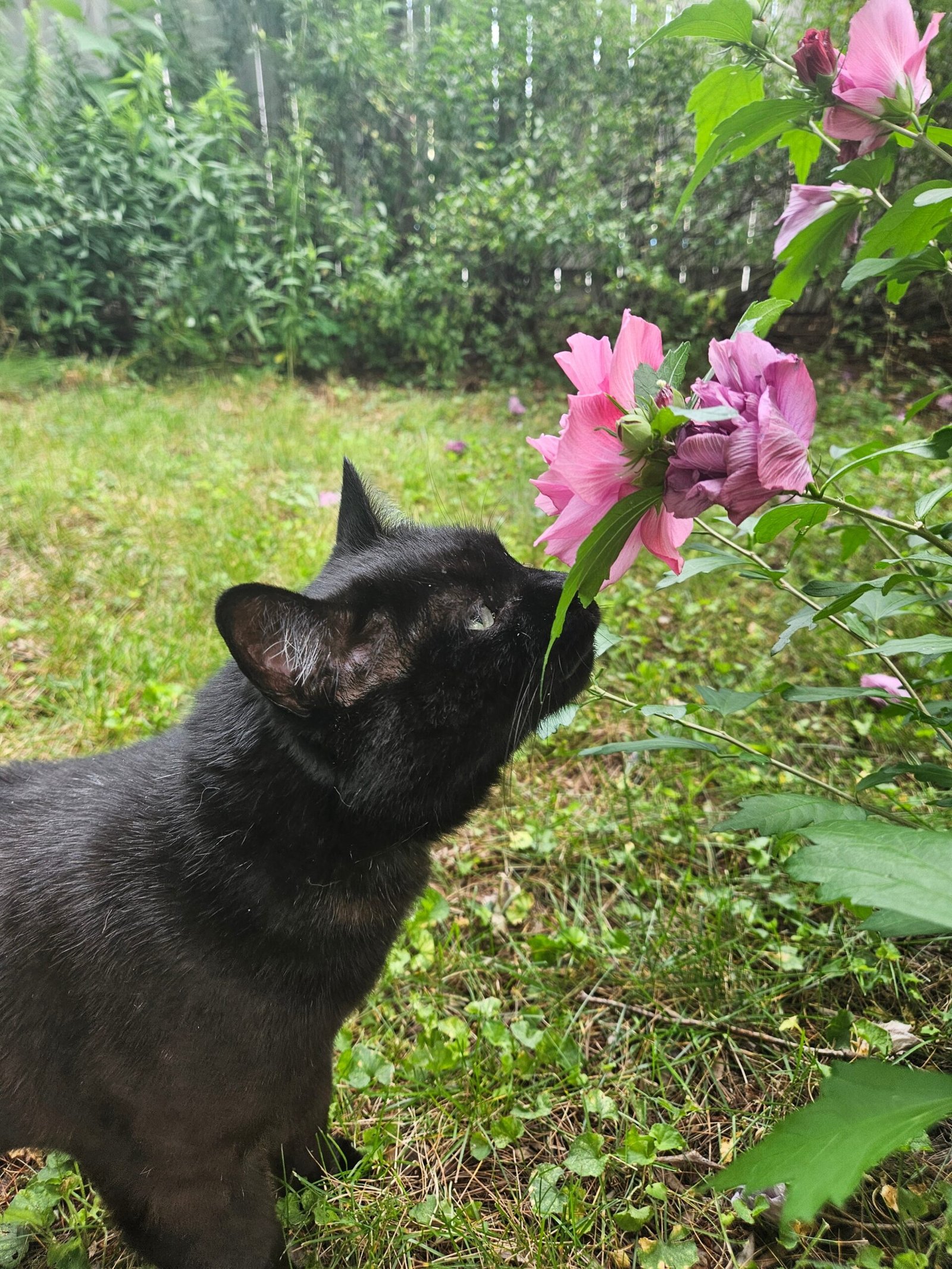
Cats are incredibly sensitive to smells, and bringing home new scents—like from another animal or a trip outside—can unsettle them. Your cat may sniff you suspiciously, rub against you to reclaim their scent, or even act distant. These reactions are their way of coping with a world that suddenly seems unfamiliar. Offering extra affection and keeping your cat’s environment consistent can help them adjust to new scents without feeling abandoned.
The Power of Familiar Objects

When routines change, familiar objects like a favorite blanket, toy, or bed can provide comfort. These items carry your cat’s scent and remind them of happier, more predictable times. If you need to make changes in your home or schedule, keeping these objects close can help ease your cat’s anxiety. It’s a small gesture, but it can make a world of difference in helping your cat feel safe and loved.
Using Play to Rebuild Trust

Playtime isn’t just about exercise—it’s an essential way to rebuild trust and connection after a routine change. Interactive toys, feather wands, or simple games can remind your cat that you’re still there for them. Regular play sessions help your cat release stress and refocus on positive experiences. Even a few minutes a day can go a long way in restoring your bond.
The Role of Scent in Security

Scent is a cat’s most powerful sense, and it plays a huge role in their feeling of security. When routines change, familiar scents can help your cat feel grounded. Rubbing their face on furniture, for example, deposits pheromones that make them feel at home. You can help by spreading your scent—like leaving out a worn t-shirt or using pheromone diffusers. These small touches help reassure your cat that, no matter how much life changes, their connection with you remains strong.
How to Help Your Cat Adjust to Change
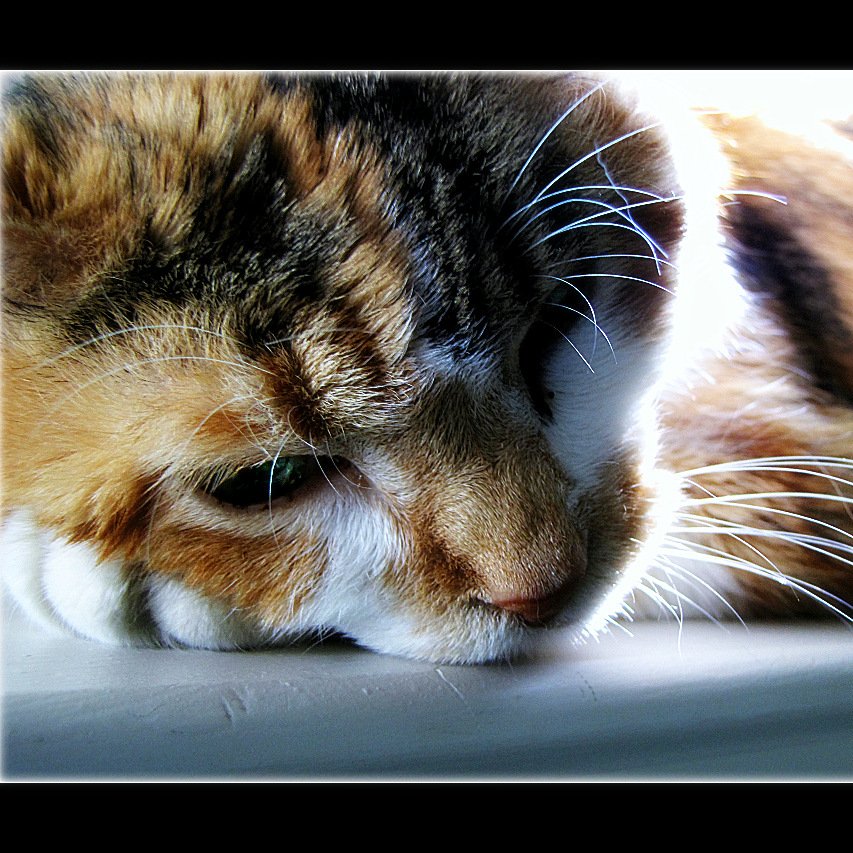
Patience is key when helping your cat adjust to a new routine. Start by making changes gradually, if possible, and keep other parts of their life as consistent as you can. Offer extra affection, treats, and playtime to reassure your cat that they’re not alone. If your cat seems especially stressed, consider creating a quiet, safe space where they can retreat until things feel normal again. Remember, every cat is different—what works for one may not work for another, so keep experimenting until you find what helps your feline friend feel secure.
When to Seek Professional Help
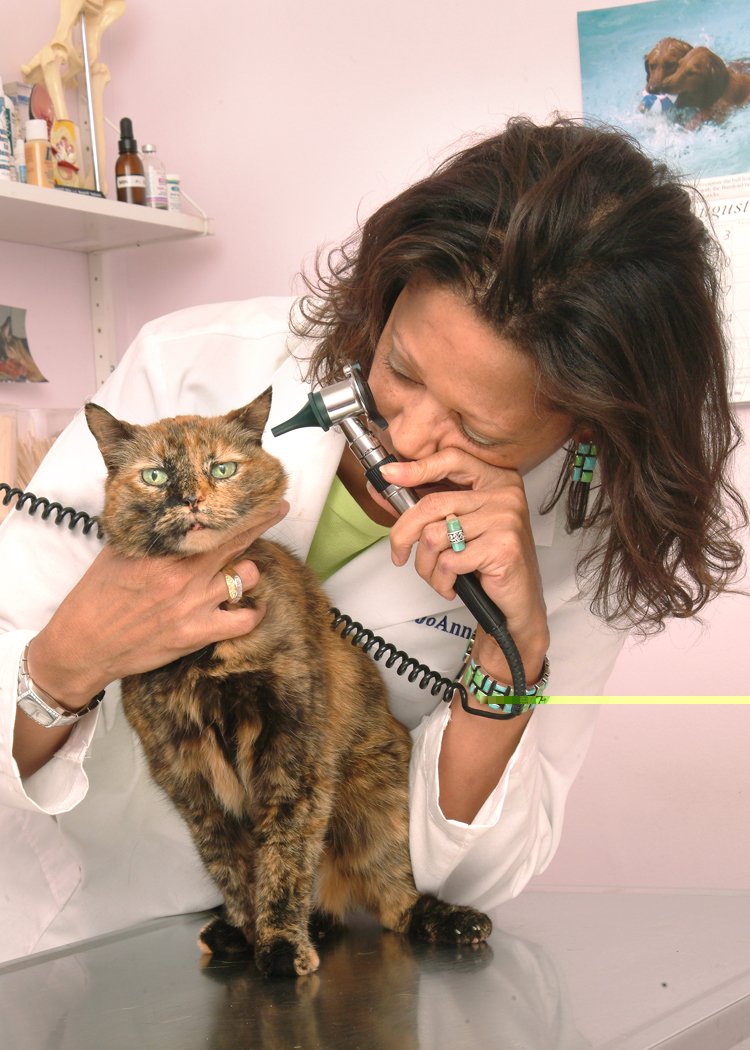
Sometimes, no matter how careful you are, your cat may struggle to adjust to change. If your cat stops eating, hides for days, or shows signs of illness, it’s time to call your veterinarian or a feline behaviorist. These experts can help identify underlying issues and suggest strategies for helping your cat cope. Don’t hesitate to reach out—your cat’s well-being is worth every effort, and sometimes a little professional guidance can make all the difference.
Hi, I’m Bola, a passionate writer and creative strategist with a knack for crafting compelling content that educates, inspires, and connects. Over the years, I’ve honed my skills across various writing fields, including content creation, copywriting, online course development, and video scriptwriting.
When I’m not at my desk, you’ll find me exploring new ideas, reading books, or brainstorming creative ways to solve challenges. I believe that words have the power to transform, and I’m here to help you leverage that power for success.
Thanks for stopping by, Keep coming to this website to checkout new articles form me. You’d always love it!





